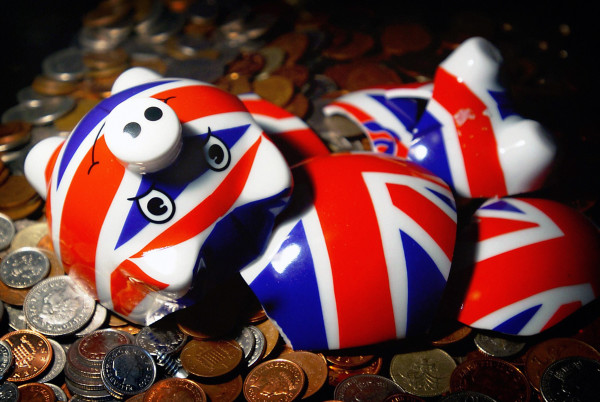

The government is unlikely to scrap the pensions triple lock to fund its Covid-19 support despite reports it had been advised to do so.
In a written answer to a parliamentary question pensions minister Guy Opperman said the government has not yet made an impact assessment of scrapping the election promise, which sees the state pension increase each year by the higher of earnings growth, price inflation or 2.5 per cent.
Mr Opperman said: "The Secretary of State has not made an assessment of the impact on pensioners of the effect of removing the triple lock on state pensions.
“The government is committed to ensuring that older people are able to live with the dignity and respect they deserve, and the state pension is the foundation of state support for older people.”
He said since 2010, the full yearly amount of the basic state pension in 2020/21 was about £700 higher than if it had just been up-rated by earnings, equating to a rise of £1,900 in cash terms.
In addition, prime minister Boris Johnson told the Liaison Committee this week (May 27) he will keep all his 2019 manifesto promises, of which one was to keep to triple lock.
This comes after chancellor Rishi Sunak was advised to scrap the pension triple lock on state pension rises as a way to recoup the hundreds of billions of pounds it has spent on Covid-19 support.
Despite this Tom Selby, senior analyst at AJ Bell is not convinced the triple lock will be kept and believes once the crisis is over “everything will be on the table when it comes to paying the bill”.
Mr Selby said: “While Boris Johnson said he would keep his manifesto promises, he also refused to commit to not raising income tax, VAT or National Insurance – which were also manifesto promises.
“With regards to the triple-lock, the costs could balloon significantly over the next two years if we see earnings bounce back next year (obviously all very uncertain at the moment).
“The OBR has estimated earnings could rise by over 18 per cent in 2021 – if the state pension has to rise by anything close to this then the cost to the Exchequer could be in the tens of billions vs a straight inflation lock (depending on what happens to inflation of course).
“I’m not suggesting the triple-lock will absolutely have to go, but the government will need to consider whether it’s right to keep it in place during such volatile circumstances.”
Steven Cameron, pensions director at Aegon, said it was “positive” to hear that the government has not launched straight into an assessment of removing the triple lock.
Mr Cameron said: “Once the full financial extent of Covid-19 is clearer, we would expect the government to explore a very wide range of options regarding how to put the nation’s finances on a sounder footing.
“This might involve a combination of higher national debt, cutting back on certain benefits which may include state pension triple lock increases, or increasing various taxes.
“With the likelihood of radical measures needed for unprecedented times, it’s surprising to hear the prime minister say the government will stick to all manifesto commitments. While this is an admirable aim, both government and individuals’ priorities may look very different as we move forward than pre-election.”
Last month (April 14), a think tank called on the government to replace the triple lock with something more affordable as a way of reducing the deficit that has built up due to Covid-19.
It was suggested the triple lock could be replaced with a double lock which would tie increases to earnings of inflation (whichever is higher).
amy.austin@ft.com
What do you think about the issues raised by this story? Email us on fa.letters@ft.com to let us know.



